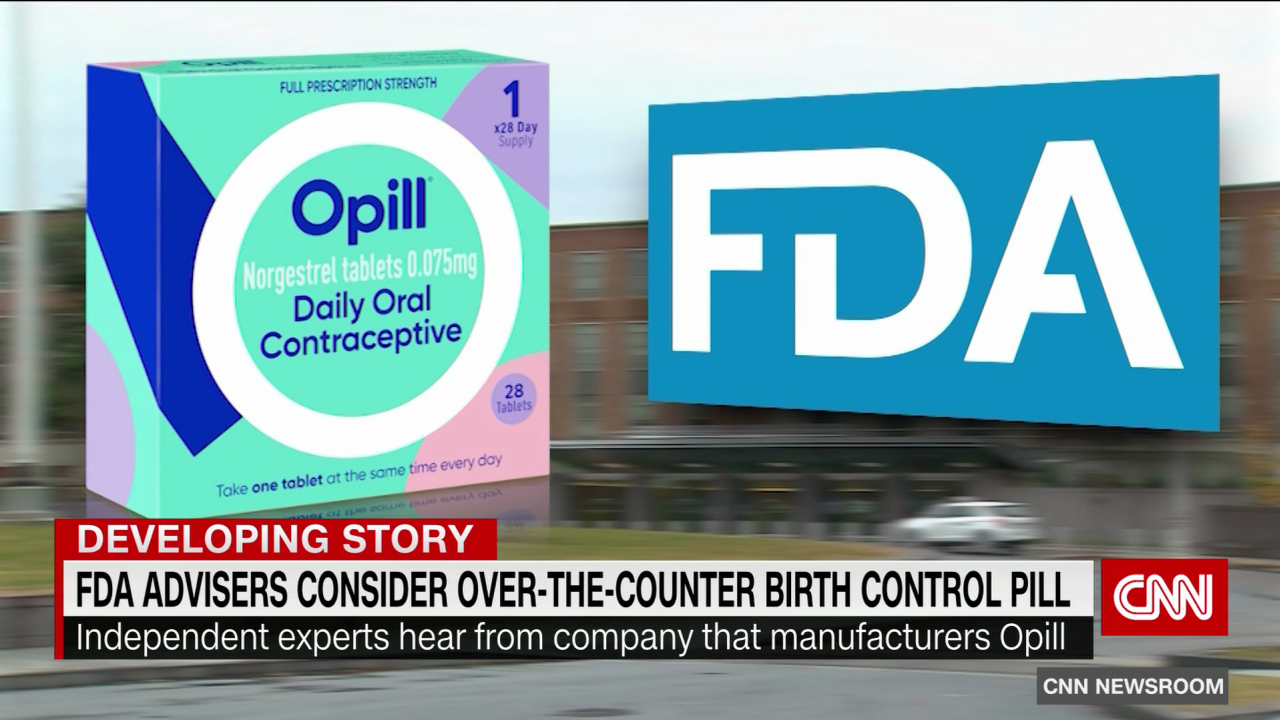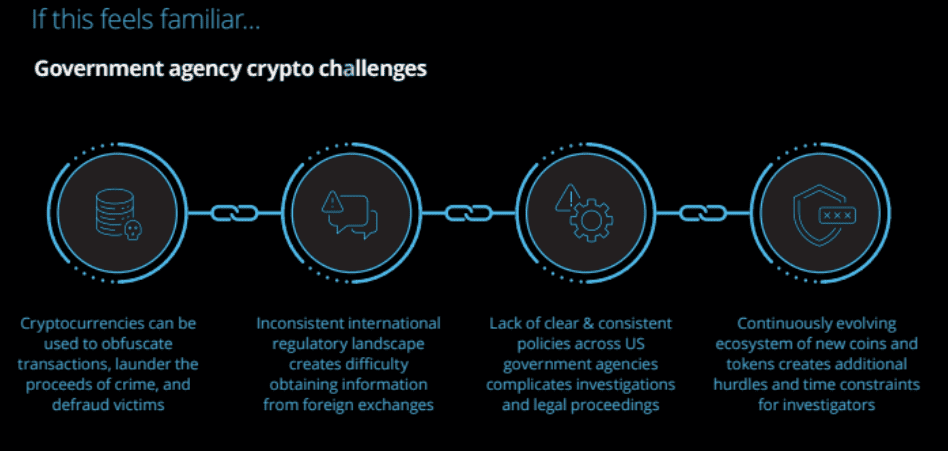OpenAI And ChatGPT: Facing FTC Investigation For AI Practices

Table of Contents
Data Privacy Concerns and ChatGPT's Data Collection
OpenAI's data collection practices are at the heart of the FTC's investigation. ChatGPT's sophisticated capabilities stem from its training on a massive dataset scraped from the internet, a process raising significant concerns about user privacy and data security.
- The vast amount of data scraped from the internet to train ChatGPT: This includes personal information, copyrighted material, and potentially sensitive data, all used without explicit consent from the original sources.
- Concerns about the potential for personal data breaches and unauthorized use of copyrighted material: The sheer volume of data used poses a significant risk of accidental or intentional data exposure, violating intellectual property rights and potentially leading to identity theft or other harms.
- Lack of transparency regarding data usage and consent: OpenAI's data policies have been criticized for lacking sufficient clarity and transparency regarding how user data is collected, used, and protected. This lack of transparency raises significant concerns about informed consent.
- Potential violations of data privacy regulations like GDPR and CCPA: OpenAI's data handling practices may be in violation of several key data privacy regulations worldwide, potentially leading to substantial fines and legal repercussions.
These practices raise critical questions about the balance between innovation and the protection of fundamental user rights. The implications for user privacy and data security are far-reaching and require careful consideration.
Potential for Misinformation and the Spread of Falsehoods via ChatGPT
ChatGPT's impressive ability to generate human-quality text also presents a significant risk: the potential for creating and disseminating misinformation on a massive scale.
- ChatGPT's ability to generate convincing but false information: The model can produce realistic-sounding text, even if factually incorrect, making it a powerful tool for creating deepfakes, spreading propaganda, and manipulating public opinion.
- The potential impact on public opinion and democratic processes: The spread of AI-generated misinformation poses a significant threat to democratic institutions and the integrity of public discourse.
- The challenge of detecting and combating AI-generated misinformation: Identifying AI-generated falsehoods is incredibly difficult, requiring the development of advanced detection techniques and collaborative efforts across multiple stakeholders.
- OpenAI's responsibility in mitigating these risks: OpenAI bears a significant responsibility in developing safeguards and mitigation strategies to prevent the misuse of its technology for spreading misinformation.
The ethical implications of deploying such a powerful technology without sufficient safeguards are profound, underscoring the need for responsible AI development and deployment practices.
Bias in AI and Algorithmic Discrimination in ChatGPT's Outputs
The data used to train ChatGPT reflects existing societal biases, leading to concerns about algorithmic discrimination in the model's outputs.
- Examples of biased or discriminatory outputs observed in ChatGPT's responses: Reports have documented instances where ChatGPT exhibits biases related to gender, race, religion, and other sensitive attributes.
- The potential for perpetuating and amplifying existing societal biases: AI systems can unintentionally perpetuate and even amplify existing societal inequalities if not carefully designed and monitored.
- The need for bias mitigation techniques and ethical considerations in AI development: Developing effective bias mitigation techniques is crucial to ensure fairness and prevent discriminatory outcomes.
- OpenAI's efforts (or lack thereof) to address these biases: The FTC investigation will likely scrutinize OpenAI's efforts—or lack thereof—to address bias in its models and the transparency of its mitigation strategies.
The societal consequences of deploying biased AI systems can be severe, potentially exacerbating existing inequalities and undermining trust in AI technologies.
The FTC's Investigation and Potential Outcomes
The FTC's investigation into OpenAI's AI practices is wide-ranging and could have significant implications for the future of AI regulation.
- The potential penalties OpenAI could face: The FTC could impose substantial fines, require changes to OpenAI's data handling practices, or even issue cease-and-desist orders.
- The precedent this case could set for future AI regulation: The outcome of this investigation will set a significant precedent for how AI companies are regulated and held accountable for their practices.
- The implications for other AI developers: The investigation sends a clear message to other AI developers about the importance of ethical considerations and responsible AI development.
- The ongoing debate about the need for stronger AI regulations: The investigation fuels the ongoing debate about the need for more robust and comprehensive AI regulations at both the national and international levels.
This investigation highlights the urgent need for a proactive approach to AI regulation, balancing innovation with the need to protect users and society from potential harms.
Conclusion
The FTC's investigation into OpenAI and ChatGPT highlights critical issues regarding data privacy, misinformation, algorithmic bias, and the ethical development of AI. The investigation's outcomes will profoundly impact the future of AI development and regulation, potentially setting a crucial precedent for how powerful AI systems are developed, deployed, and governed. The urgent need for responsible AI practices and robust regulatory frameworks to mitigate the potential harms of powerful AI technologies is undeniable. Stay informed about the ongoing OpenAI and ChatGPT FTC investigation and the evolving landscape of AI regulation. Understanding the complexities surrounding OpenAI’s AI practices is vital for navigating the future of artificial intelligence.

Featured Posts
-
 Overcoming The Challenges Robotic Automation In Nike Sneaker Factories
Apr 22, 2025
Overcoming The Challenges Robotic Automation In Nike Sneaker Factories
Apr 22, 2025 -
 Analyzing The Impact Of Trumps Trade Offensive On Us Financial Supremacy
Apr 22, 2025
Analyzing The Impact Of Trumps Trade Offensive On Us Financial Supremacy
Apr 22, 2025 -
 Are High Stock Market Valuations A Concern Bof A Says No
Apr 22, 2025
Are High Stock Market Valuations A Concern Bof A Says No
Apr 22, 2025 -
 Post Roe America How Otc Birth Control Impacts Womens Health
Apr 22, 2025
Post Roe America How Otc Birth Control Impacts Womens Health
Apr 22, 2025 -
 Blockchain Analytics Leader Chainalysis Boosts Ai With Alterya Acquisition
Apr 22, 2025
Blockchain Analytics Leader Chainalysis Boosts Ai With Alterya Acquisition
Apr 22, 2025
